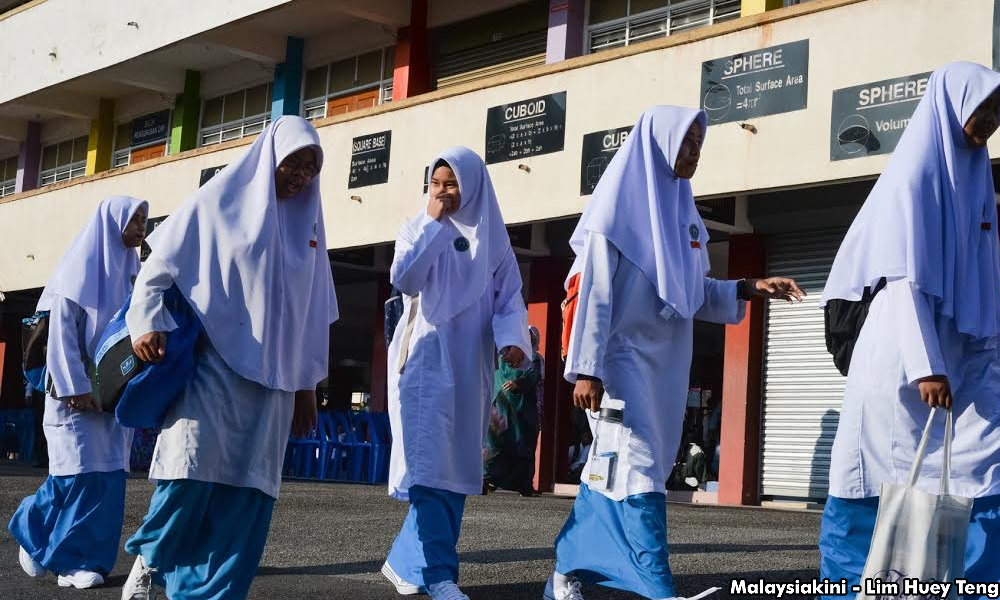Copyright malaysiakini

LETTER | Recent reports of bullying, assault, and student deaths in schools have sparked national concern over the widening disparity in safety, counselling access, emotional support, and quality of education between national schools and private or international institutions.These tragic incidents were not isolated misfortunes; they’re signs of a system in distress. When schools cease to be safe spaces for young people, it signals an urgent need for national education reform.If we compare our national schools to private institutions, it’s not the students who are different; it’s the system.Private and international schools tend to enforce swift disciplinary action, supported by clear internal policies and consistent parental engagement and accountability.These are not luxuries; they are essentials every Malaysian child deserves.With unequal systems, the result is only unequal outcomes. Structural inequalities will lead to vastly different student experiences.Curriculum and learning approachCurriculum and learning approaches in the international syllabus encourage critical thinking and real-world application, while national modules, such as Pendidikan Moral, remain heavily theory-based and focused on memorisation.The Education Ministry’s planned Character Education module (2027) will fall short unless it emphasises practical, pragmatic values in action rather than memorisation learning.Counselling accessPrivate schools typically employ one counsellor for every few hundred students. In contrast, national schools may have only one counsellor for every 500–1000 students, and in some cases, none full-time.Parental involvementParental involvement in private institutions includes strong communication with parents through consistent engagement.In many national schools, overburdened teachers often managing two or more co-curricular clubs and activities have limited capacity to sustain this critical and fragile parent–teacher–student relationship.Student support culturePrivate and international schools emphasise student well-being, inclusivity, and voice. National schools, however, often prioritise academic performance and discipline over emotional health.Growing the futureThe disparities between national and private education should not be accepted as inevitable. Public schools should adopt the good practices of private institutions of counselling access, parental involvement, student support culture, as well as curriculum and learning approach.No child should feel unsafe just because they attend a public school.Our youths are like seeds; the size of the tree depends on how much care and water we give them. My question to the Education Ministry is, how much are you willing to invest in the future of this nation?The writer is a law student who served as a panellist at the International Conference on Online Harms organised by the government in collaboration with Unicef. He was recognised by Malaysiakini under its Young Creator Fellowship 2025 as one of Malaysia’s emerging youth voices.The views expressed here are those of the author/contributor and do not necessarily represent the views of Malaysiakini.



